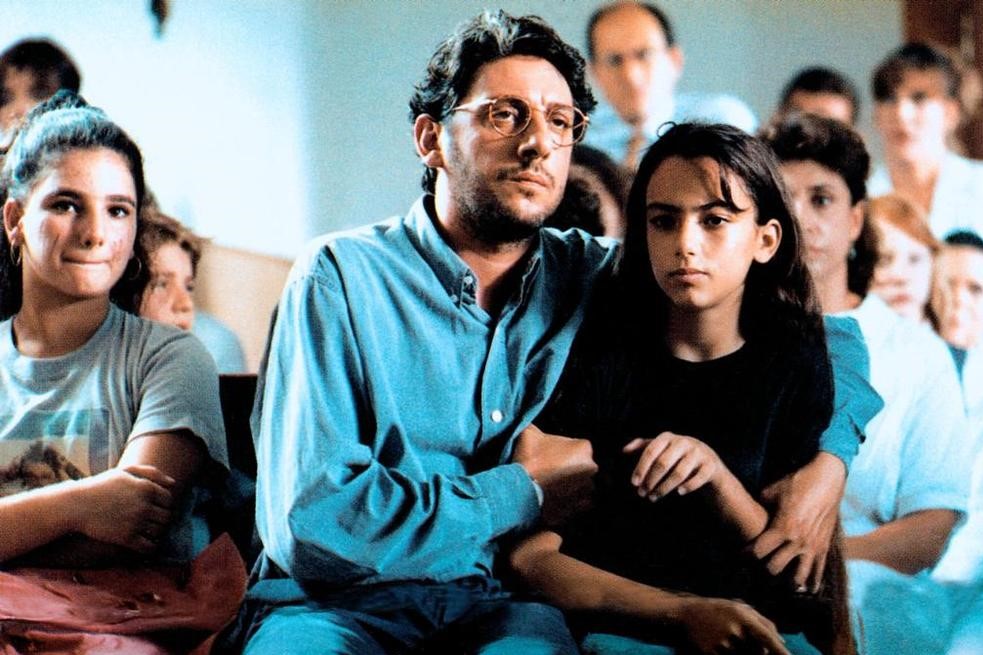
Childhood epilepsy: how to deal with your child?
Childhood epilepsy: with a few simple safety measures, the child with epilepsy is able to live a completely normal life and carry out the same activities as his or her peers, such as playing, playing sports and in general engaging in all those activities appropriate to his or her age group
Childhood epilepsy and sport in children
Parents of epilepsy sufferers often worry that exercise or sporting activity may worsen their children’s seizures, but this rarely triggers an episode.
On the contrary, regular physical activity can improve episode control.
Playing safe sports can also be extremely healthy for physical, mental and emotional well-being.
On the other hand, it is always important to avoid sports-related trauma, as this can increase the risk of convulsions.
Precautions with a child suffering from childhood epilepsy
It is important to ensure that other adults who care for your child (relatives, babysitters, teachers, coaches, etc.) know that your child has epilepsy, understand the disorder and know what to do in the event of a seizure.
Give your child all the help they need, talk openly about epilepsy and answer all questions truthfully.
Children with epilepsy may feel uneasy about convulsions or fear having a seizure when they are at school or with friends.
Consider taking your child to a child psychiatrist or psychologist if he or she struggles with these anxieties.
To prevent convulsions, also make sure that your child
- takes the medication(s) as prescribed;
- avoids stopping taking the medication just because it has been a long time since a seizure has occurred;
- avoids triggers (such as fever, tiredness or a sleepless night);
- proceed to regularly scheduled specialist visits, even if you are responding well to therapy.
Several factors are important for managing epilepsy in the best possible way: it is necessary to eat and rest properly and not to be stressed.
You should also take other common-sense precautions that will allow you to better control your child’s illness and not take unnecessary risks.
For example:
- younger children should only take a bath under adult supervision;
- older children should only shower or bathe when there is someone in the house with them, who can intervene in case of an attack;
- prefer showering to bathing;
- swimming or cycling alone are not good ideas for children with epilepsy (however, they can enjoy themselves safely if they do these activities together with other people). When cycling, they should wear a helmet.
Read Also:
Emergency Live Even More…Live: Download The New Free App Of Your Newspaper For IOS And Android
European Resuscitation Council (ERC), The 2021 Guidelines: BLS – Basic Life Support
Pre-Hospital Seizure Management In Paediatric Patients: Guidelines Using GRADE Methodology / PDF
New Epilepsy Warning Device Could Save Thousands Of Lives
Understanding Seizures And Epilepsy
First Aid And Epilepsy: How To Recognise A Seizure And Help A Patient


